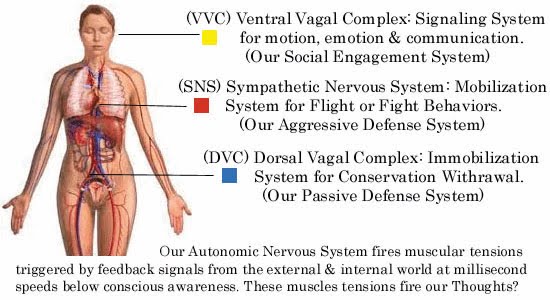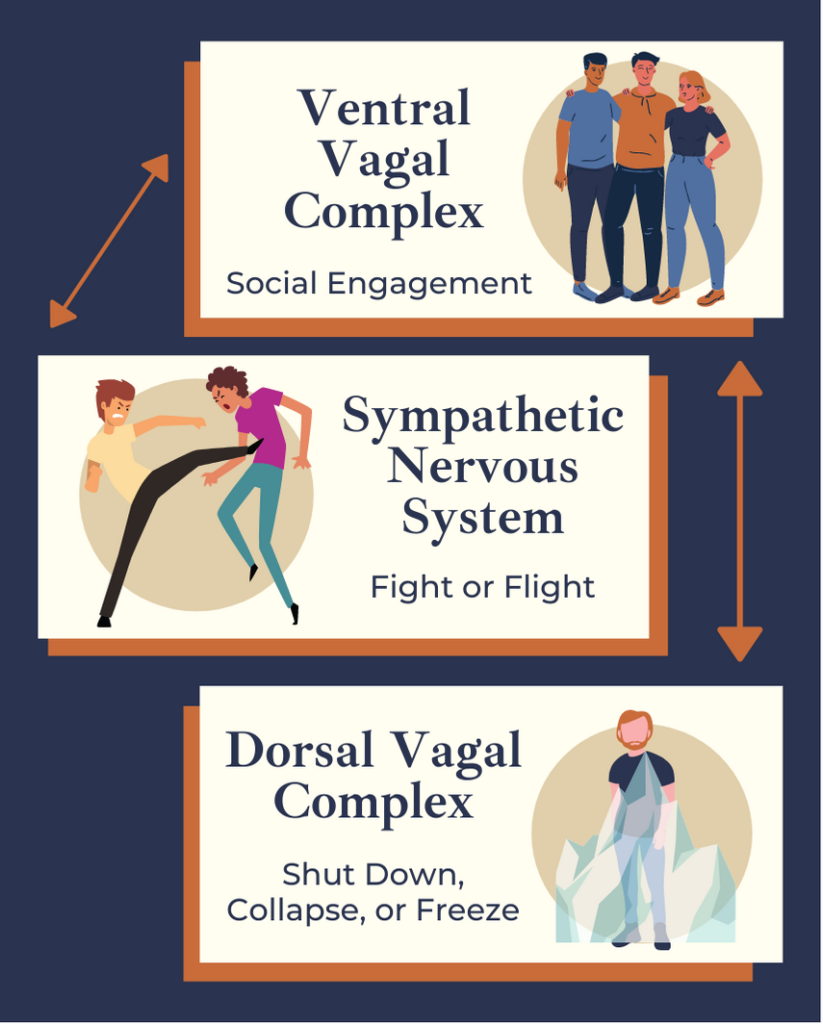Ever wonder what is happening in your body when you are feeling anxious or depressed? Don’t worry, you’re not alone. This past year has been very difficult and overwhelming for everyone due to the global pandemic. Many people have lost their loved ones, jobs, and sense of safety. Mental health is an essential part of every person’s life and the first step to improving yours, is understanding the relationship between body and mind.
Our Autonomic Nervous System (ANS) is responsible for regulating our essential functions. Researches have recently discovered the massive responsibilities of the vagus nerve. It regulates the sympathetic nervous system, dorsal vagal complex, and ventral vagal complex. Simply put, the vagus nerve manages our threat response system and our social engagement system at the subconscious level.
The social engagement system involves establishing a “sense of safety” and this can be learned through coaching. With emotion-focused coaching and self-awareness of your body, you can better manage your moods, stress levels, and learn how to cultivate a mental space where you feel safe.
How does the vagus nerve manage all of these things? I will go into more detail of each function, and how we can work with our body to understand what is happening when we are feeling very anxious or depressed.

Sympathetic Nervous System: This is the first level of defense when a threat is detected, also known as a “fight or flight” response. This reaction has been evolving for over 400 million years. This reaction can occur for real or imaginary threats, and causes us to feel aroused in energy, ready to act to defend ourselves or escape. Threats can be social (identity based) or physical and examples include slamming on the breaks when a car stops suddenly in front of you or giving a presentation in front of a large audience. These situations cause your “fight or flight” response and this is a survival instinct meant to protect you from danger. Adrenaline, noradrenaline, and cortisol are released into your bloodstream and your body must process these chemicals before it can relax again. In a “fight or flight” state, it can take 10-20 minutes for our bodies to return to its natural state. For people who experience chronic stress, this process can last multiple days. If you are constantly in a state of “fight or flight,” your body will misread other people’s cues. This may result in fearful faces appearing angry and neutral faces appearing aggressive.
Dorsal Vagal Complex: This evolutionary defense response evolved before the fight/flight system, over 500 million years ago. This is the first development in the nervous system and is very similar to reptile’s behavior towards threats. If the initial threat is viewed as overwhelming, long lasting, or out of our control, “fight or flight” responses are no longer seen as an option, and this results in immobilization of the mind and body. Commonly referred to as a state of depression, the dorsal vagal nerve slows down metabolism, making a person feel lethargic. This impacts the heart, lungs, and digestion. The immobilization response protects us from feeling pain, whether it’s internal or external. Often times, a person uses the coping mechanism of dissociation, or mental escape, so they don’t have to experience the stress. This may be why you have a difficult time getting out of bed or completing simple tasks if you are overwhelmed with stress or a certain emotion. It’s important to be aware of your body’s response and acknowledge that there are ways to return to your natural state.
Ventral Vagal Complex: The ventral vagal nerve balances the body’s active state in a matter of milliseconds. When activated, the body is calm and relaxes easily. In this state you are more empathetic and very comfortable in social situations. As a result, you are responsive to threats, rather than reactive. You are able to communicate facial expressions more effectively and background noise is filtered, allowing you to hear people better. Being responsive allows you to interpret situations more accurately and provides an opportunity for you to make impactful connections with others. The ventral vagal state allows you to feel a sense of physical and emotional safety.

At Adaptive Edge Coaching, we focus on techniques for regulating these stress responses that can become overactive in some people, and helping you stay in the ventral vagal state. I work with each person holistically to uncover their triggers and glimmers. Some examples include specific breathing exercises and creating expressive art to release all of this emotion. The ventral vagal brings a sense of peace and allows you to feel safe, empathetic, and relaxed.
The polyvagal theory demonstrates the latest research in neuroscience to show you that there is a path to feeling safe and deeply connected to others. If you liked what you read here, consider checking out our other blog posts and email Greg Murray at greg@adaptiveedgecoaching.com for a consultation to learn more about how this theory could be applied to YOU.

